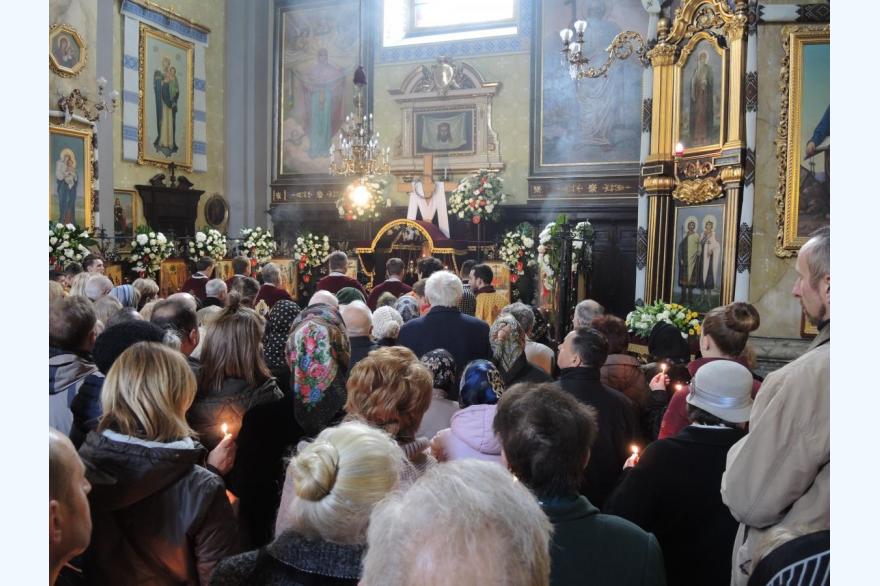Maria Grazia Bartolini, University of Milan
In this paper, I examine the image of Christ’s suffering body in a range of Early Modern Ukrainian texts centered on the Passion (Good Friday sermons, Passion plays, religious lyrics, and book engravings), arguing that this constellation of texts on “crucifixion piety” embodies a sensibility in which feelings of grief and compassion are emotions consciously constructed, making them, in Sarah McNamer’s words, “scripts for the performance of feeling.” My aim is to reveal the cognitive underpinnings of this “performance of feeling,” and, more specifically, to show that Ukrainian authors drew on the Aristotelian notions of imagination and memory in their representations of Christ’s suffering, encouraging the imaginative recreation of the crucifixion in their audiences. While the body of scholarly literature on the Passion in late medieval and early modern Western Europe is rich, no sustained attention has been given to Orthodox Ukraine and the relationship of its Passion literature to affective meditational practices and traditions of mental imaging. In fact, in seventeenth-century Ukraine, the Aristotelian philosophy of the mind, with its emphasis on sense perception, affects, and imagination, was a new and potent influence. While not postulating a rigid model of cause and effect, or a mere trickling down of Western philosophy to local religious literature, I contend that the way seventeenth-century Ukrainian writers believed that cognition worked, along with the popularity of texts in which the Aristotelian philosophy of imagination is most prominent, had an influence on their own attitude towards devotional activities. Building upon the works of Mary Carruthers, Michelle Karnes, and Sarah McNamer, I consider how Ukrainian Passion texts interacted with their audience’s memory and imagination and how this engagement helped the faithful experience a set of responses to the Passion that are sensory, emotive, and penitential.
Maria Grazia Bartolini is an Associate Professor of Medieval Slavic Culture at the University of Milan. Her research focuses on the intersection of preaching and visual arts in seventeenth-century Ukraine, and she has published various articles on the religious culture of early modern Ukraine. Bartolini is the author of Piznai samoho sebe (Kyiv, 2017), a monograph on Hryhorii Skovoroda and Christian Neoplatonism which was awarded the 2019 Ivan Franko International Prize.
